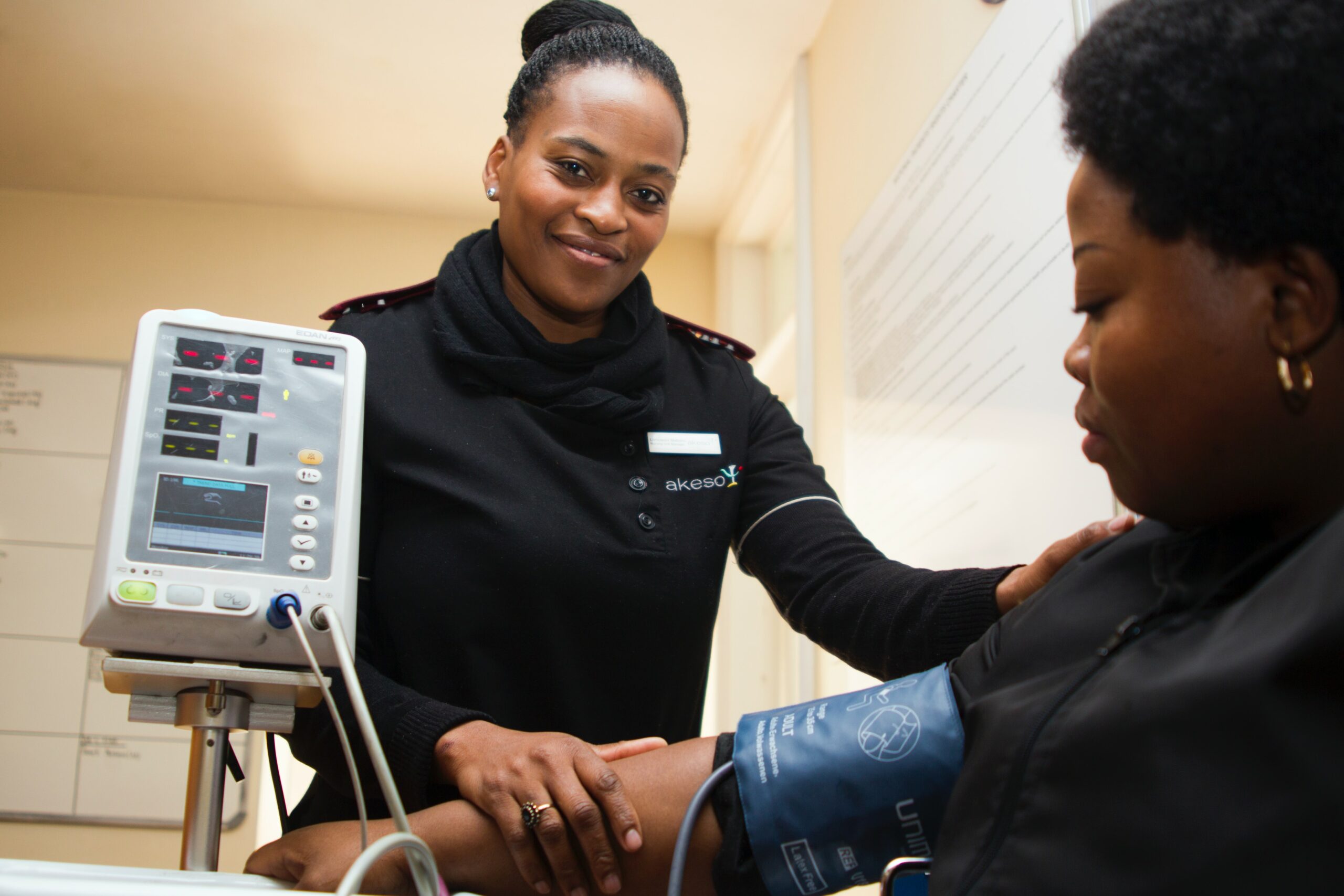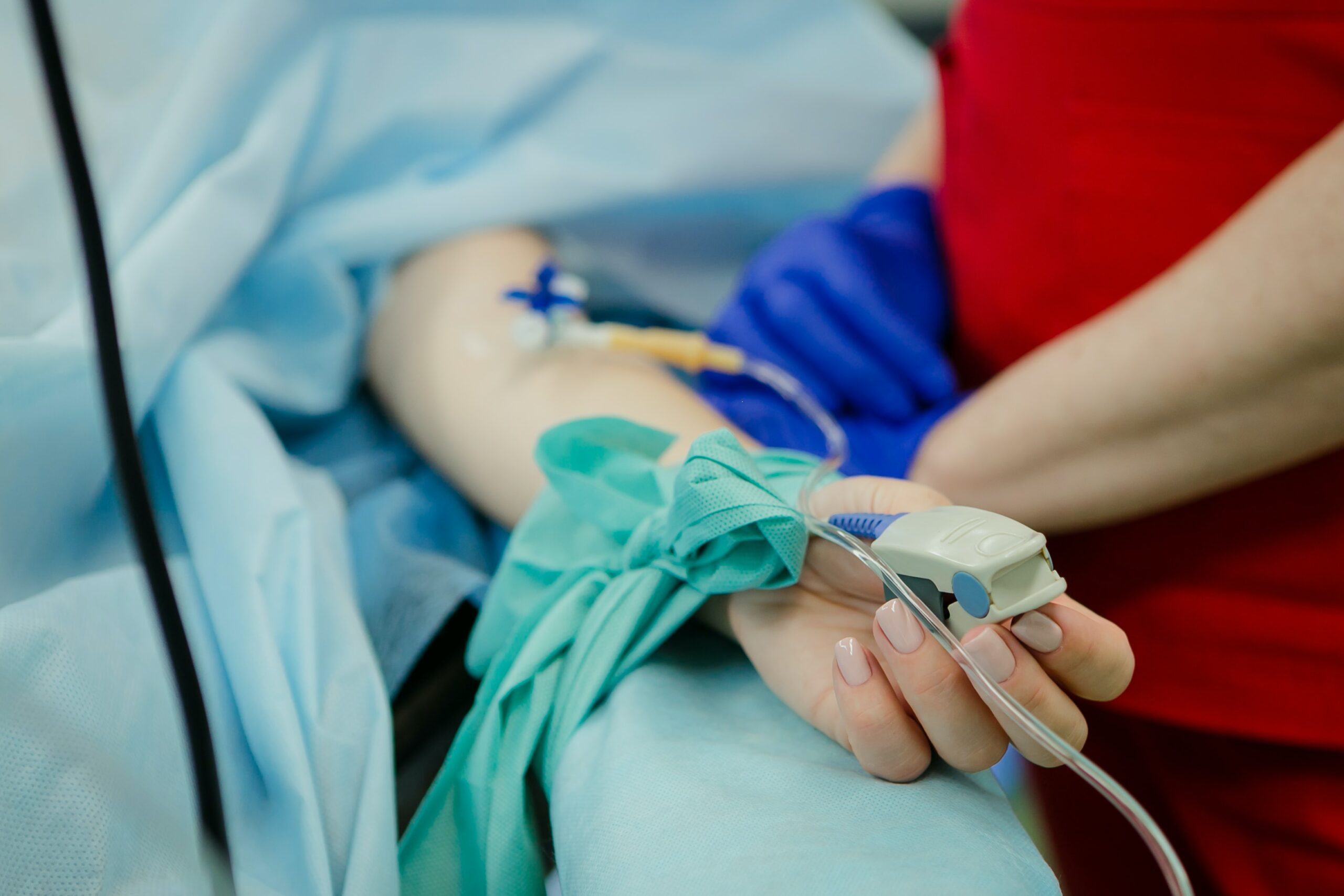As a child of the 1970s, and as a voracious reader, I relied on the Reader’s Digest magazine to get me through innumerable visits at boring relatives’ houses and long stretches in waiting rooms for the dentist or doctor. One of my favorite departments in the small, booklike magazine was “Drama in Real Life.” These first-person stories captured not only situations like daring water rescues or life-threatening mountain climbing excursions, but medical emergencies where the difference between life and death was a fine line.
In fact, one of my favorites that I guess it is safe to say I won’t ever forget, since I read it more than two decades ago, is the story about a young girl, around my age at the time I read it. I still recall it in vivid detail because it told the story of a girl, like me, who had chronic migraines. Eventually, her parents took her complaints seriously because she passed out cold one day while sitting at the kitchen table. An MRI showed a mammoth tumor behind one eye. While luckily not life-threatening, the surgery did require an eye transplant, which was cutting edge for that day and age. While I did not ever get diagnosed with a tumor, but instead, “childhood migraines,” I will never forget seeing myself in that story. This is probably why stories of medical triumph are so engaging: Almost all of us can either personally relate to them or know someone who can. Here are two that may just stay with you for a few decades…

Jessica Henry: A Young Parent Who Suffered a Stroke
Ask any young parent what their top concerns are physically and they will likely say, “having enough energy” or “getting enough sleep.” But for Jessica Henry, a woman in her thirties, having a stroke became her reality. While many people her age are helping their aging parents investigate long-term care options, her story was quite different. Jessica suffered a stroke that affected her parietal lobe, which is in the upper back areas of a person’s head, on both sides. The parietal lobes control awareness, memory, pain/sensation, and certain other cognitive functions. While the stroke Jessica had affected her body awareness and use of her right foot and hand, in the course of her treatment following the stroke, doctors discovered that she also suffered from an autoimmune disease, which further complicated her rehabilitation. After spending time at three different hospitals in search of a successful treatment plan, Jessica finally found herself at a specialized rehabilitation facility in her native Jamaica. With a holistic approach that tended to not only physical issues, but emotional, psychological and spiritual needs, Jessica learned to walk again and regained nearly all function that she had lost.

Fallon Keating: From Normal to Not in Just 60 Minutes
Spoiler alert: Stories about children are not easy to read, but when triumph is the outcome, it makes it much easier to digest stories about kids experiencing medical trauma. This is the case for five-year-old Fallon Keating, who fell off her bicycle one evening while riding in the street, when she collided with another bike being ridden by a friend of hers. Outwardly, Fallon had nothing more than a scraped hand, which her mother inspected immediately. And, she was wearing a helmet. Since she complained of a headache, her mom gave her some Tylenol and Fallon rested on the couch. About an hour later, Fallon began screaming about the pain in her head, and then she began vomiting. Her mother raced the little girl to a local hospital where a CT scan showed a significant brain bleed. Even though Fallon had been wearing a helmet, the scan showed a cranial fracture. Soon, she was medi-flighted to another trauma center seven miles away, where she could get both the needed critical surgery and pediatric trauma after-care. Fallon made a full recovery thanks to the quick thinking of her mom and the hospital’s immediate actions when Fallon was first admitted.
Medical triumphs happen every day, to people of all ages. While it is always better to read about them than experience them first hand, they can still hit home almost every time when we think about experiencing something ourselves.




